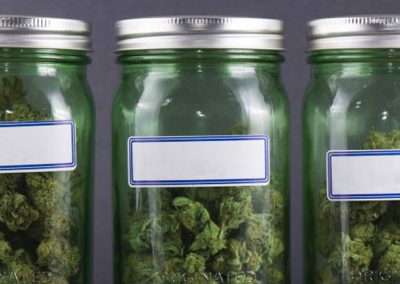
Medical Marijuana In Canada: The Doctor’s Dilemma
ARTICLE BY
Tony Coulson
Medical marijuana is a growing business in Canada. The number of Canadians approved to use medical marijuana grew from 500 in 2001 to 30,000 in 2013. This number is expected to continue to climb, and Health Canada has pegged medical marijuana to be a $1.4 billion industry by 2024.
Not surprisingly, these forecasts have led to growth in the number of companies looking to supply the burgeoning market. There are now 23 licensed players spanning the country. Some, like Tweed and Aphria, are publicly traded. So too is PharmaCan Capital, a fund that invests exclusively in emerging medical marijuana businesses.
While the growth curve for this nascent industry looks impressive, it’s not without its challenges. Chief among them is that the use of medical marijuana requires getting a physician to sign off. And based on a recent Environics survey of Canadian GPs, approval won’t be easy to come by until physicians are better engaged and educated by the medical marijuana industry as a whole.
To start, almost 70% of GPs surveyed indicated they were “uncomfortable prescribing medical marijuana,”
Find out how Environics can help your organization
Related insights



Toronto
366 Adelaide Street West
Suite 101, Toronto, ON
Canada M5V 1R9
416 920 9010
Ottawa
116 Albert St
Suite 300, Ottawa, ON
Canada K1P 5G3
613 230 5089
Calgary
421 7th Ave SW
Suite 3000, Calgary, AB
Canada T2P 4K9
403 613 5735
